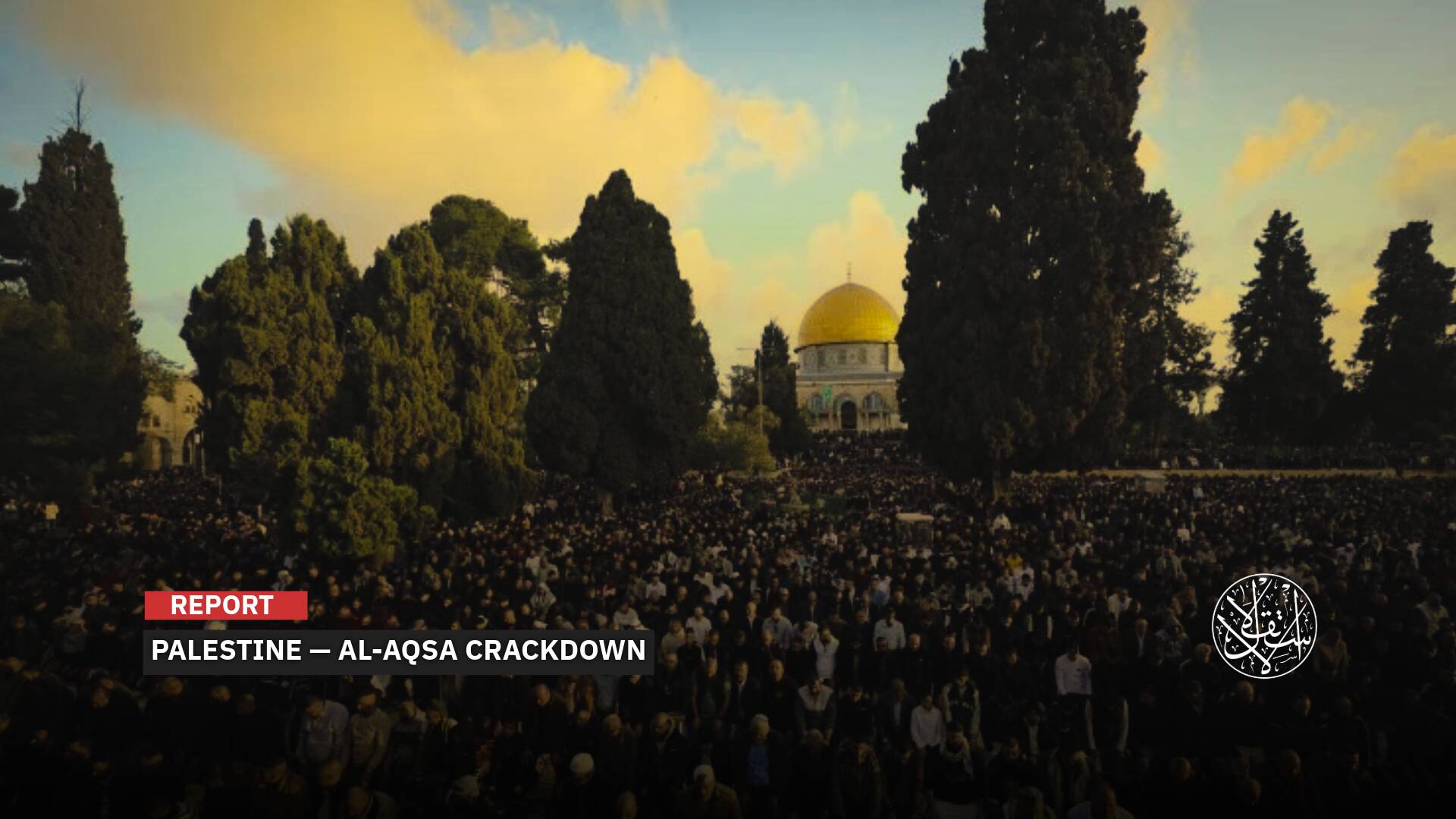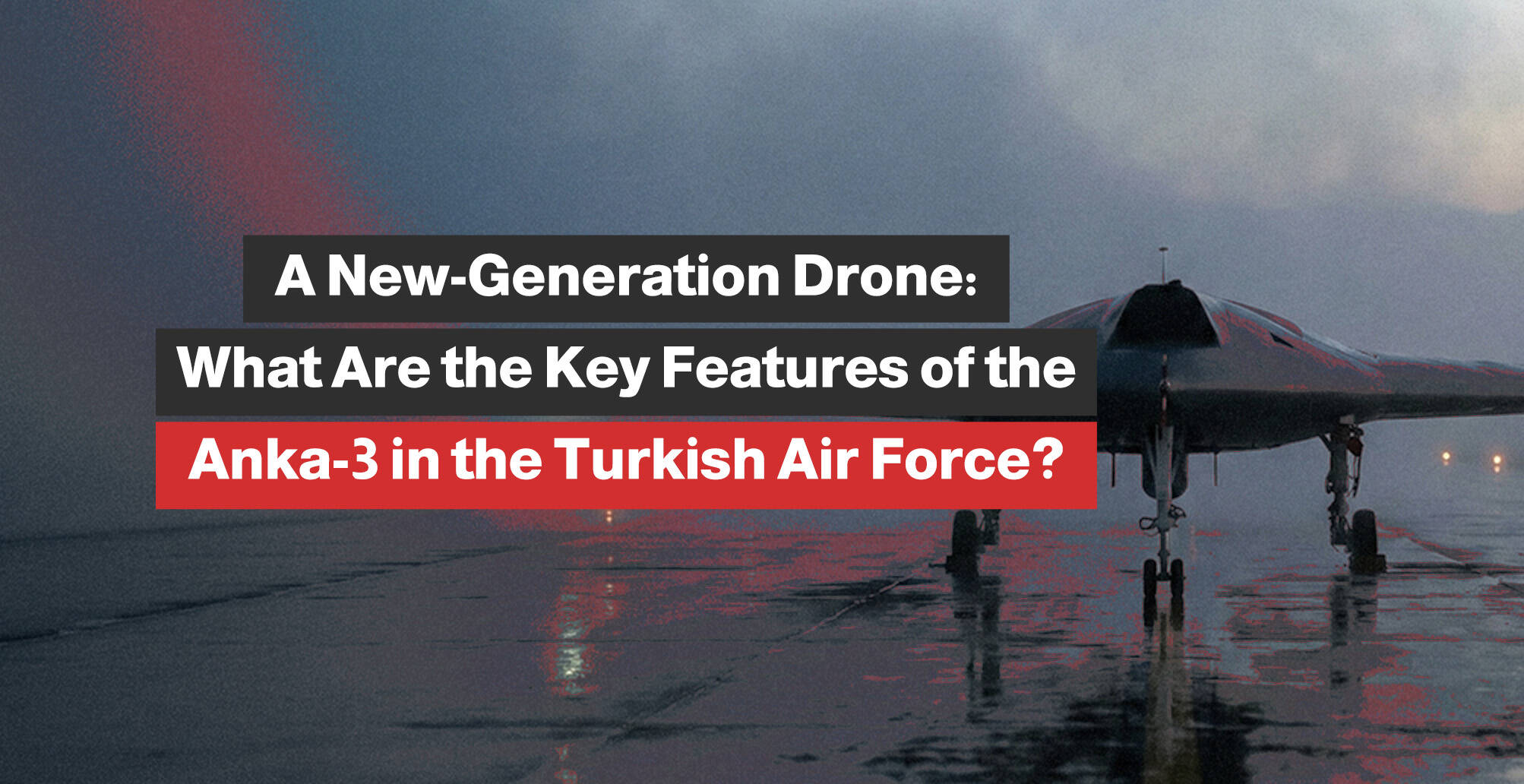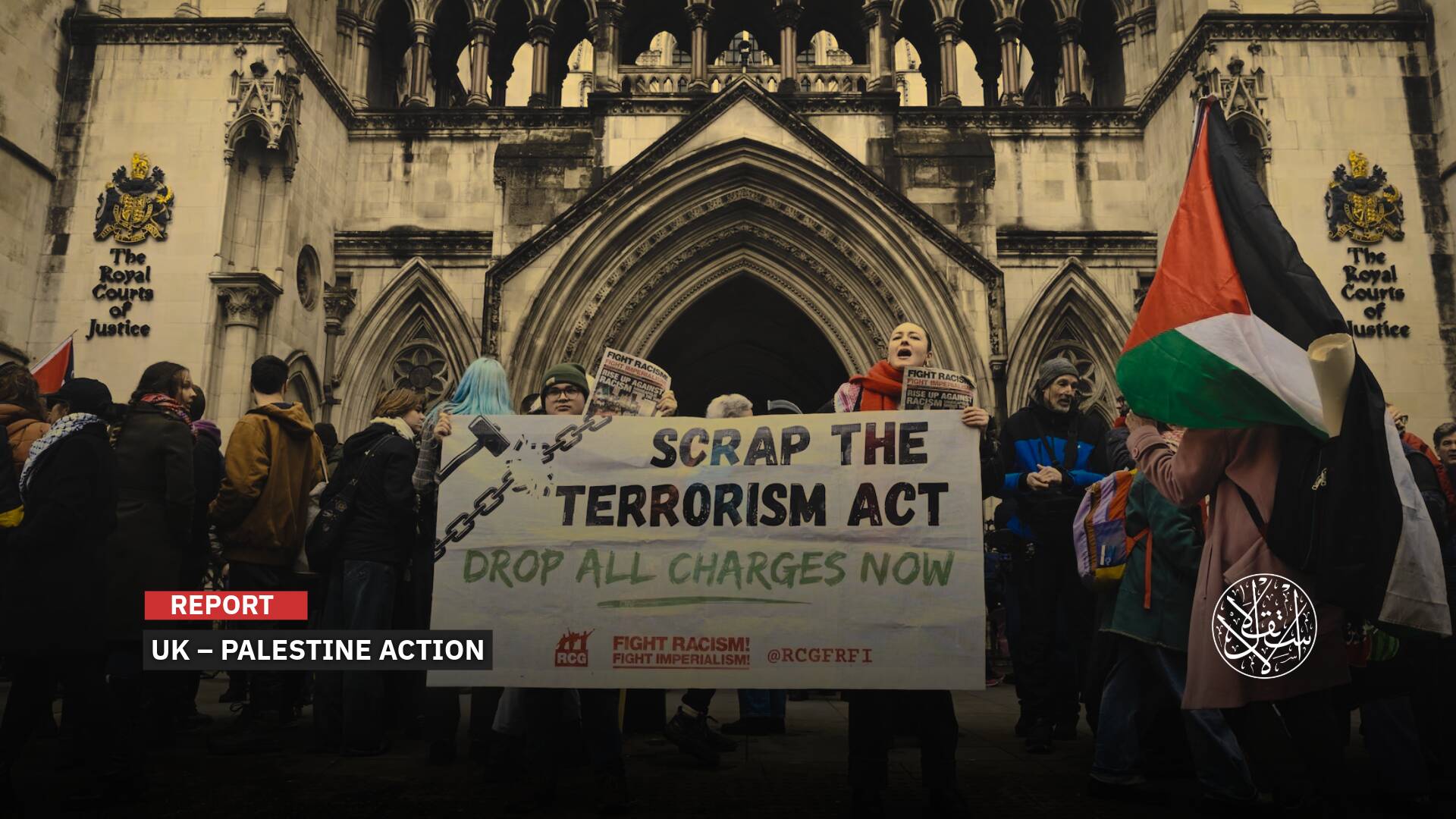'Israel' Recruits Yemenite Jews for Intelligence Operation Against Houthi Threat

“Israel” has deployed dozens of migrants into the Israeli intelligence network "Aman."
Amid its inability to stop its drones, the Israeli occupation government has turned to a new approach in dealing with the Houthi group in Yemen, aiming to understand their thought processes and operational methods.
“Israel” has begun recruiting dozens of Yemenite Jews into its military intelligence division, "Aman," to address the Houthi crisis and halt the escalating military strikes by the Houthi group on occupied Palestinian territories.
Since the Israeli war on Gaza began on October 7, 2023, the Houthis have launched hundreds of rockets and drones from Yemen, presenting unprecedented intelligence challenges for “Israel.”

Weaponized Migrants
In light of “Israel's” struggle to address the Houthi threat due to a lack of intelligence on their leadership, Israeli Channel Kan reported that the Israeli military has recently recruited dozens of Yemenite Jews to work in its intelligence division, "Aman."
The channel, on January 11, 2025, noted that these recruits possess a deep understanding of the Yemeni dialect and local culture, aiming to support Israeli efforts "in gathering and analyzing intelligence related to the Houthis, amid the rising attacks on Israeli targets by the group."
Some of the recruits are recent immigrants from Yemen, while others were born and raised in families speaking the Yemeni dialect.
“Israel’s” goal with this initiative is to improve its understanding of the Yemeni language and culture, which is crucial for analyzing data and grasping the cultural and political context in which the Houthi movement operates, the channel stated.
“Israel” is currently facing an intelligence crisis with the Houthis, particularly regarding vital and influential targets, as the group had not been a focus prior to the ongoing conflict, according to military affairs analyst Yossi Yehoshua, writing for Yedioth Ahronoth on December 21, 2024.
“Israel's” focus on other fronts – such as Gaza, the West Bank, Lebanon, Syria, Iraq, and Iran – has led to a lack of attention towards or study of the Houthis, Yehoshua noted.
He also highlighted the "difficulty in obtaining intelligence at present," adding that "whenever Israel strikes the Houthis, they retaliate and vow to continue doing so."
According to JFeed, "Unlike other immigrant languages, the Yemenite dialect was not instilled in the younger generationsIn the meantime, at the training base of the Intelligence Corps in Bahad 15, a class was recently opened for the study of the Yemenite dialect, as well as studies on Yemeni culture and tribalism.”
Maariv reported that studies on Yemeni culture and tribalism have been launched at an intelligence training base, with the aim of training groups of intelligence officers who will oversee the Yemeni intelligence office.
The Israeli military has recently recruited several Yemeni dialect-speaking teachers who will instruct the intelligence forces.
Maariv quoted an unnamed Israeli military official saying, "We are working to identify specific targets to influence the Houthis, but it is clear to us that this is a challenge we have never faced before."
According to Al-Estiklal, Israeli Defence Minister Yoav Gallant threatened the Houthi group, stating, "We will destroy their strategic infrastructure and decapitate their leadership... we will do in Hudaydah and Sana’a what we did in Tehran, Gaza, and Lebanon."

Yemeni Jews
Estimates suggest that around 435,000 Yemeni Jews now reside in “Israel,” many of whom speak Arabic with a Yemeni accent.
The Israeli military is relying on them to assist in gathering intelligence on the Houthi group, as reported by i24 News on January 8, 2025.
In a joint Israeli-international operation in March 2016, the last group of Yemeni Jews were brought to Israel from the city of Rida in the Amran governorate and the capital, Sana’a.
The operation, conducted under strict secrecy, was influenced by the ongoing war following the Houthi coup against the Yemeni government in 2014.
The operation saw the transfer of 19 Yemeni Jews who expressed a desire to leave, led by Rabbi Solomon Yahya Dahari, who brought with him an ancient Torah scroll, 800 years old, and a scroll of the Book of Esther, read during the Jewish holiday of Purim.
Upon their arrival, the group was greeted by Prime Minister Benjamin Netanyahu, as shown in a photograph from that time, where he stood alongside Rabbi Dahari, who later told Israeli Channel One, “I dreamt of coming to Israel years ago.”
During the era of David Ben-Gurion, Israeli first prime minister, more than 47,000 Yemeni Jews arrived in the country in 1949 and 1950.
Yemeni Jews make up the third largest group of Mizrahi Jews in “Israel,” following those of Moroccan and Iraqi origin, who arrived in the occupied territories between 1949 and 1950. The majority of them were brought over as part of the “Operation Magic Carpet.”
"Operation Magic Carpet," or as it is known in the West as "Operation Wings of Eagles," was a secret operation carried out by the Jewish Agency, bringing approximately 49,000 Yemeni Jews to Israel between June 1949 and September 1950, using American and British planes via Aden, at a cost of about $425 million.
The migration did not stop there; an additional 2,000 Yemeni Jewish immigrants followed in the ensuing years.
By 1994, only a few hundred remained in Yemen, with the final group arriving in 2016.
Today, Yemeni Jews reside in various locations across the occupied territories, with prominent communities in Jerusalem, “Rehovot,” “Netanya,” and “Petah Tikva.”
Others live in newer neighborhoods and settlements, including Ashdod near the Gaza Strip, “Dimona” in the “Negev,” “Kiryat Shmona” (on the Lebanese border), “Kiryat Eliyahu,” and “Kiryat Gat.”

Targeted Assassinations
Amid “Israel’s” recent move to recruit Yemeni Jews, observers have speculated that the occupation, with the help of Western powers, may escalate its attacks on Houthi-controlled areas in Yemen, potentially targeting key leaders of the Iran-backed group.
Yemeni expert Abdul Baqi Shamsan noted that the Houthis are trying to shift the battle onto Yemeni soil in order to prevent “Israel” from directly targeting Iran and to preserve what remains of Hezbollah and its capabilities.
In a previous statement to Al-Estiklal, published on December 28, 2024, Shamsan predicted that “Tel Aviv will follow through on its promises to target Houthi leaders with airstrikes in an effort to weaken the group.”
“Many Arab countries will provide Israel with information, though not directly. There are security and military cooperation agreements between the US, Europe, and regional states, which allow “Israel” to access a database of Houthi targets.”
“Israel needs to open multiple fronts and capitalize on the regional developments to further its strategic agenda, sending a message to the entire region that it is a strong and established state that cannot be uprooted through military action,” Shamsan noted.
Similarly, Jordanian security and strategic studies researcher Amer al Sabaileh stated that the attacks carried out by the Houthis against “Israel” have now placed the group “on Israel’s priority list.”
Al Sabaileh, in an interview with Independent Arabia on January 12, 2024, suggested that “Israel is about to enter a new phase in its approach to the Houthis, which will not be limited to conventional operations like indiscriminate bombing.”
He explained that this new phase would “involve targeted assassinations, requiring ground operatives and intelligence gathering.”
On January 10, 2025, “Israel” launched an attack on Yemen, targeting several sites in Sana’a and Hudaydah, coinciding with strikes carried out by the United States and the United Kingdom in the first-ever tri-nation aggression on Yemeni soil.
Hebrew media outlets reported that the Israeli military targeted "specific objectives" in Yemen after the U.S. and UK had struck other sites across the country.
Channel 13 Hebrew reported that the attacks focused on underground sites, including missile and drone storage facilities, while “Israel's” public broadcaster revealed that three waves of strikes were carried out in Yemen by “Israel” and the international coalition in recent hours.
The Institute for National Security Studies in “Israel,” in a report published on January 13, 2025, suggested that Israeli attacks on the Houthis would continue, even if the situation in Gaza subsides.
The institute explained that the Houthi challenge presents a necessity for Israel to acknowledge that the distance and operational challenges mean there is no “decisive blow” against the Houthis, and that the response should be a joint effort, not solely “Israel’s.”
It also emphasized the need to build intelligence capabilities and increase its presence in the Red Sea region to facilitate ongoing operations against the group.
Sources
- “Israel” recruits Yemeni Jews to enhance its intelligence capabilities against the Houthis. [Arabic]
- “Israel” recruits Jews of Yemeni origin to "hunt the Houthi." [Arabic]
- Israeli media: We have an intelligence problem with the Houthis and must treat them as a state. [Arabic]
- The Israeli army is betting on them to "defeat the Houthis" through intelligence—who are they? [Arabic]
- Yemeni Jews in “Israel”... a wound that won't heal. [Arabic]
- "Maariv": Israeli intelligence has started courses to teach the Yemeni dialect and culture to prepare intelligence agents. [Arabic]
- "The threat will continue even if Gaza calms down"—Hebrew Institute: Is it time to topple the Houthis? [Arabic]
- “Israel” transfers 19 Yemeni Jews in its latest migration operation. [Arabic]
- Operation Magic Carpet. [Arabic]
- A linguistic challenge: Yemeni dialect poses a new puzzle for Israeli intelligence











